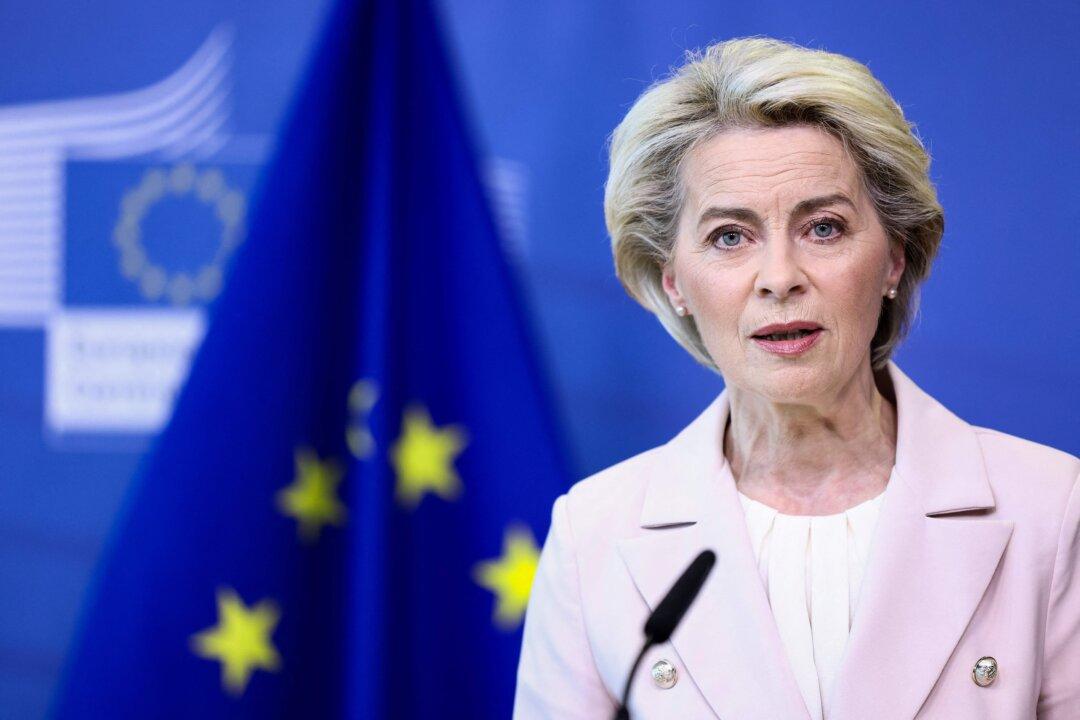European Commission President Ursula von der Leyen has called on the European Union’s 27 member states to ban the import of Russian oil as part of the sixth package of sanctions against Moscow following Russia’s invasion of neighboring Ukraine.
“Let us be clear: it will not be easy. Some member states are strongly dependent on Russian oil. But we simply have to work on it,” von der Leyen said in a May 4 speech at the European Parliament.





